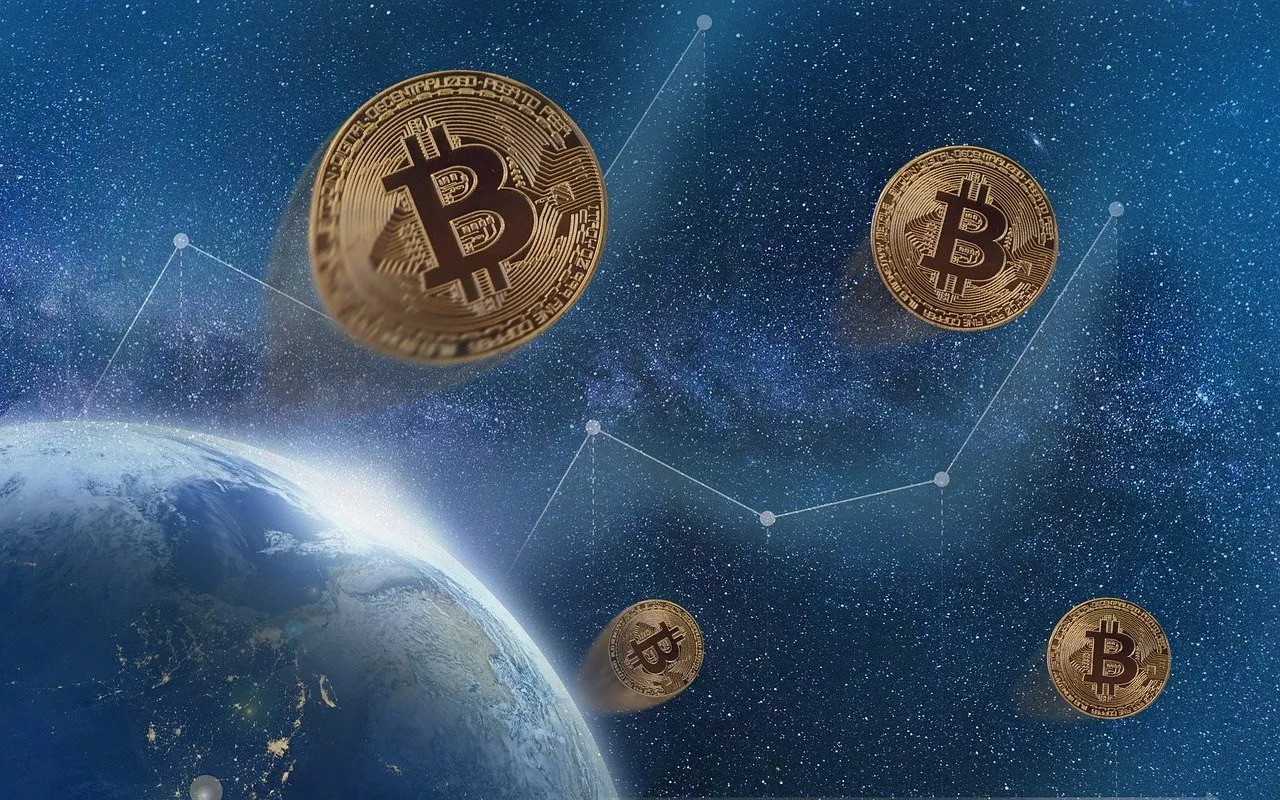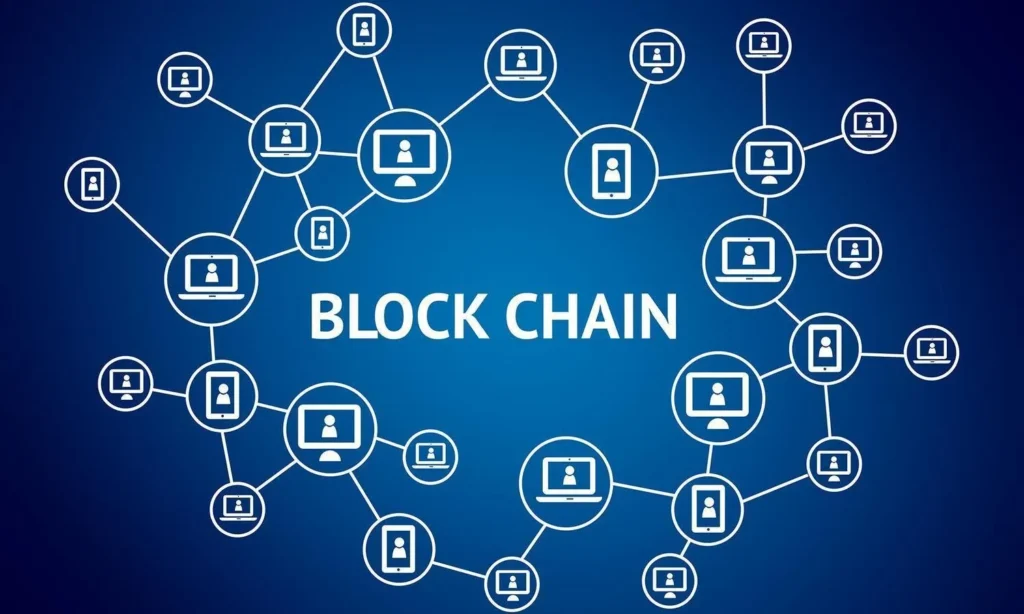Lurking beyond the attractive returns lies a controversy of extreme importance.
As published in the Australian Business Review
Ripple (XRP) is the latest cryptocurrency on everyone’s lips. Its recent meteoric price rise has positioned it as the second most valuable cryptocurrency in market capitalisation. But lurking beyond the attractive returns lies a controversy of extreme importance.
Blockchain based cryptocurrency was created in 2009, as the world was in the embers of a global financial crisis that was caused by greed.
Big banks and financial regulators were found guilty of “undisclosed conflicts of interest”, “a lack of transparency”, and a “systemic breakdown in accountability and ethics.” Trillions of dollars in bailouts were given to the guilty parties to preserve the stability of the global economy.
Satoshi Nakamoto’s revolutionary Bitcoin blockchain was designed with decentralisation as its founding principle. With no central governing authority, there can be no corruption, manipulation, or single points of failure. The Bitcoin blockchain is completely self-regulated by its own unchangeable algorithms. Trust is placed in immutable maths, not corruptible bankers.
As Mark Zuckerberg recently put it, “encryption and cryptocurrency … take power from centralised systems and put it back into people’s hands”.
Despite the protestations on its website, Ripple (XRP) is heavily centralised in comparison to other cryptocurrencies that made blockchain popular like Bitcoin, Ethereum, and Litecoin.
This is a due to a single yet highly significant factor:
The Ripple Company (Ripple Labs Inc.) currently owns around 55 billion XRP. This is almost 1.5 times the current 38.7 billion of XRP in circulation for trading.
This positions the Ripple Company as a perfect example of a ‘central authority’ that is open to corruption, manipulation, single points of failure.
People placed trust in banks and regulators not to damage the global economy as they did in 2008. If XRP becomes a global currency, this trust is just transferred to the Ripple Company.
For many, cryptocurrency represents a societal revolution. Just as the internet revolution brought us a system of decentralised information transfer, the cryptocurrency revolution breaks the next barrier by bringing us a system of decentralised value transfer.
Satoshi Nakamoto left a chilling text note buried in the first block in his groundbreaking Bitcoin blockchain: “Chancellor on brink of second bailout for banks”. If we could potentially arrive at a situation where we need a bailout for the Ripple Company to preserve the financial stability of the global economy, have we truly made progress?
As cryptocurrencies go, Ripple (XRP) is a very strong technology. It offers comparatively high transactions per second, and negligible fees. But for those who dream of a decentralised future, Ripple is not the answer.
Davi Kofsky is a Senior Manager at Rimon Advisory.


